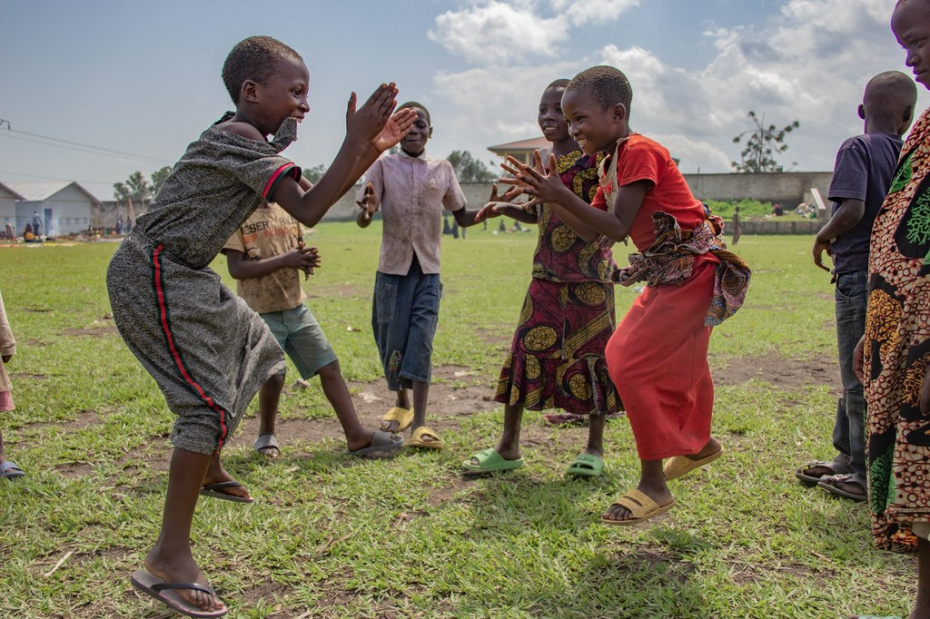Breadcrumb

UNHCR alarmed by growing death toll among displaced in eastern DR Congo

“This month, simultaneous attacks by armed groups in Ituri Province have left 11 people dead and 250 homes looted and burned. Between February and June this year, UNHCR and partners recorded over 800 deaths from firearm attacks and machete raids on local communities in Ituri,” reported UNHCR spokesperson Matthew Saltmarsh, briefing journalists in Geneva.
Brutal attacks in eastern DR Congo are increasing the death toll and suffering of civilians.
— UNHCR, the UN Refugee Agency (@Refugees) July 22, 2022
This unbearable situation must not be ignored.
We call for an immediate end to this violence, which is forcing the displacement of tens of thousands of people.https://t.co/x3g2OmTDMg
According to UNHCR, at least 715 of the victims had been sheltering in internal displacement sites or were killed as they attempted to return home.
In June alone, 97 were killed in attacks that included abductions, looting, and burning of homes, UNHCR says.
Over 20,000 displaced
More than 20,000 people have been driven from their homes by such raids, which are also fueling acute food insecurity in the eastern Ituri province, where agricultural development in this fertile region has been stymied by long-standing intercommunal clashes.
In North Kivu province, a settlement for internally displaced people was destroyed last month by a group of armed men.
“In recent weeks, fighting between the Congolese Army and the M23 (rebel) group in North Kivu Province has displaced more than 160,000 people across Rutshuru and Nyiragongo territories. The redeployment of Government troops to this conflict has created power vacuums and a fragile security environment in both Ituri and North Kivu,” said the UNHCR spokesperson.
Terrorized
Strings of coordinated attacks by multiple militia groups are terrorizing communities in the region. The March 23 Movement, known as M23, was militarily defeated by the Congolese army and a special offensive operation carried out by UN peacekeepers from MONUSCO, in 2013. But M23 began to reemerge with coordinated attacks last November.
“The lack of security compounds the existing challenge of intercommunal strife, the lack of infrastructure and an absence of institutions in the region. It also fuels intensified cycles of violence, generating further instability and undermining peace and development efforts,” said Mr. Saltmarsh.
‘Soaring needs’
The humanitarian situation in the east of the country remains extremely fluid as a result of endemic conflicts between communities and between non-State armed groups and security forces, as well as ongoing social and economic challenges and extreme weather events.
“UNHCR’s operation in DRC has received just 19 per cent of the US$225 million required to respond to the increasing needs of refugee and displaced people with urgent and life-saving support,” said Matthew Saltmarsh. That was the budget based on the estimated needs at the beginning of the year. Additional resources are now required to match the soaring needs of newly displaced populations.
UNHCR urged all parties to immediately stop violence, and to respect international humanitarian and human rights law to protect civilians and humanitarian workers. With more than 5.6 million people displaced, the DRC has the largest number of internally displaced people on the continent.
